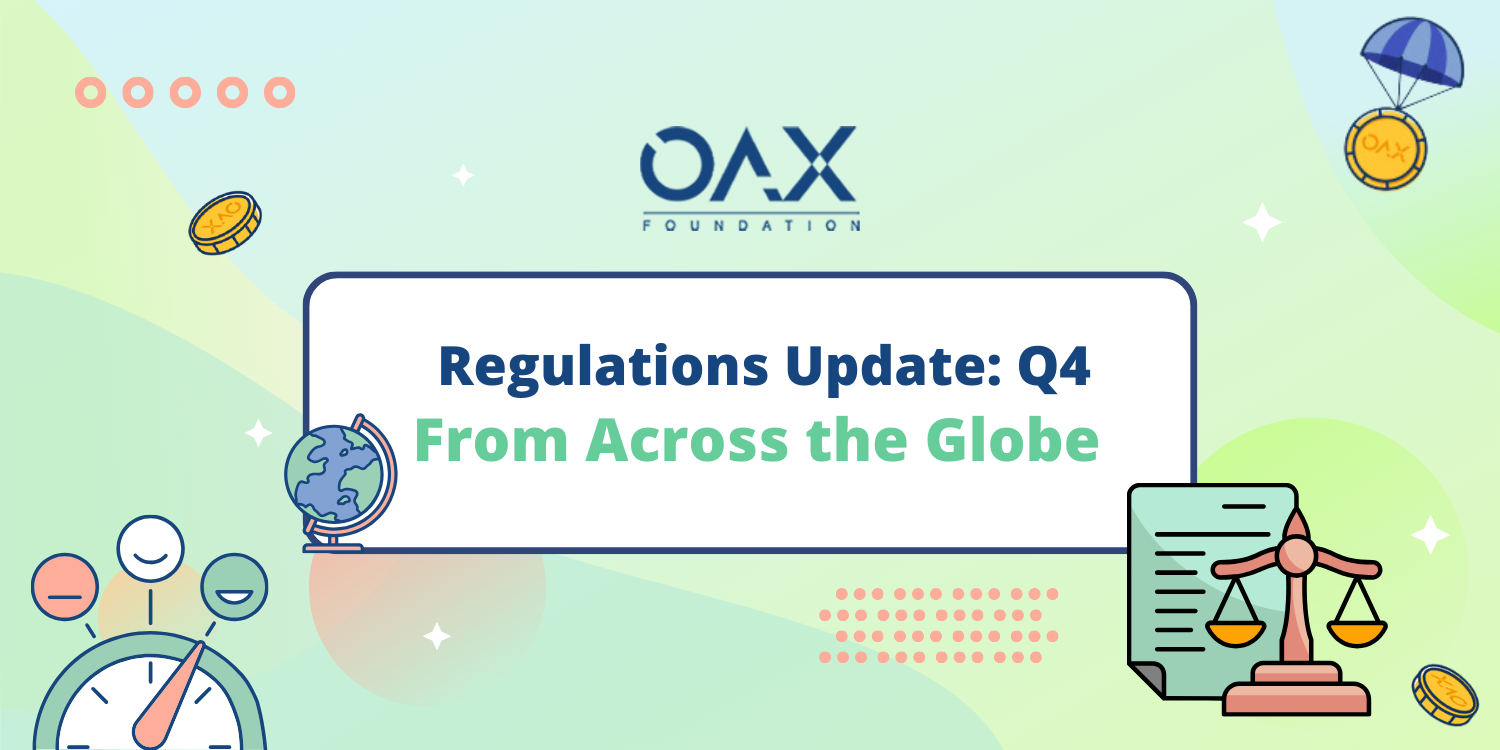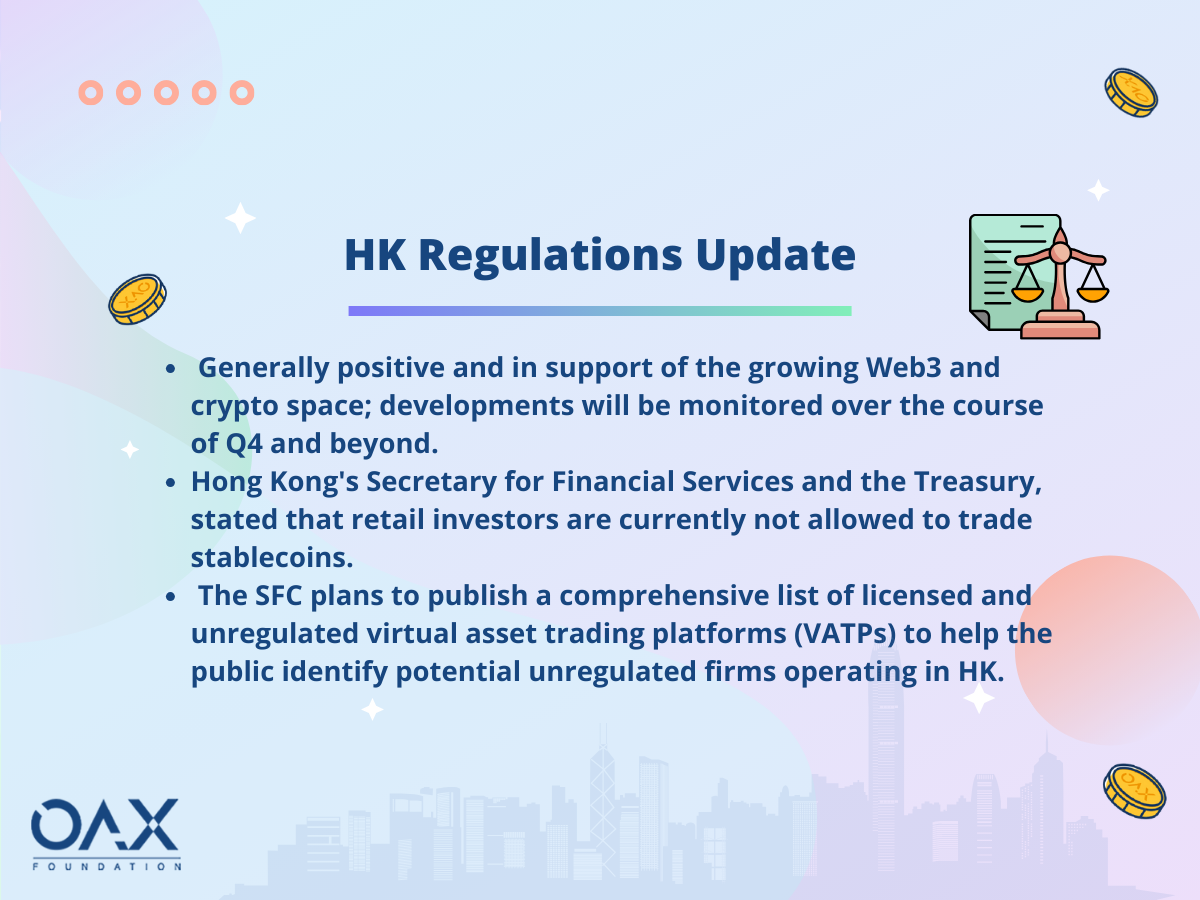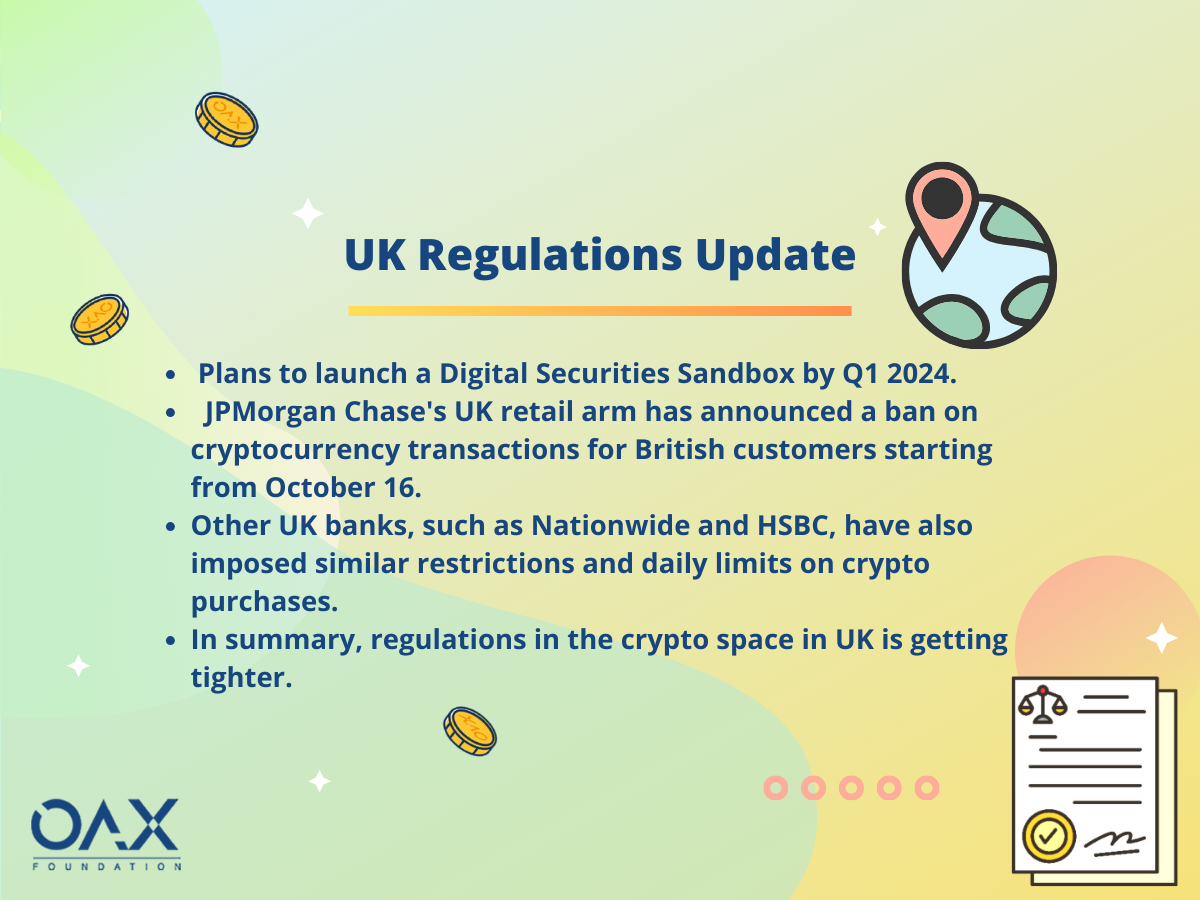
Recent Updates in Crypto Regulation: Delays, Strengthening Measures, and Restrictions
In the rapidly evolving world of cryptocurrencies, governments and regulatory bodies worldwide are actively updating their regulatory frameworks to adapt to the growing presence and complexity of digital assets. This article aims to provide notable updates on recent regulatory developments around the world, including delays in digital asset ETFs in the US, strengthened regulations in Hong Kong, and transaction restrictions in the UK.
Delays in BTC ETF Approvals:
The U.S. Securities and Exchange Commission (SEC) has once again postponed its decision on four prominent Bitcoin exchange-traded fund (ETF) filings. The applications from BlackRock, Bitwise, Invesco Galaxy Digital, and Valkyrie are under consideration. The SEC is following a formal process as per the Securities Exchange Act of 1934, and public comments on the proposals are still being collected. The decision was delayed due to an anticipated government shutdown, which temporarily halted several federal agencies, including the SEC. This delay adds to the ongoing pattern of postponements in approving Bitcoin ETFs, despite Grayscale’s recent ETF conversion approval, which remains a positive sign for future approvals.

Strengthening Regulations in Hong Kong for retail investors:
Over the past months, the Hong Kong government has consistently highlighted its aspiration to position Hong Kong as the Web3 hub. In line with this objective, the government has been actively updating its regulations to foster the growth of the industry. The recent measures announced by Hong Kong’s Securities and Futures Commission (SFC) to enhance transparency and security in the digital asset space, including the publication of a list of licensed and suspicious virtual asset trading platforms (VATPs), indicate positive signs for the potential opening of digital asset exchanges to retail investors.
Hong Kong’s Secretary for Financial Services and the Treasury, Christian Hui, stated that retail investors are currently not allowed to trade stablecoins in Hong Kong such as Tether (USDT) or USD Coin (USDC). However, the intent to introduce official regulations for stablecoins by the end of 2024 is a signal that indicates the government’s commitment to regulatory clarity in the digital asset space.
Overall, the Hong Kong government shows interest in the healthy development of digital assets and blockchain technology, believing having a regulated environment is crucial for the industry to thrive especially after the incident of JPEX. There is also a need to further education among the public, particularly regarding topics like digital security, private key management, and due diligence, which OAX Foundation has previously emphasized and continues to provide reminders to our community.

UK’s Policy and Transaction Ban:
Recent policy developments in the UK reflect the influence of the European Union’s (EU) tightening regulations on the global cryptocurrency market. There are contrasting developments in the digital asset space in the UK, on one hand, plans are underway to launch a Digital Securities Sandbox by 2024, focusing on digital securities and promoting innovative use of digital assets. On the other hand, JPMorgan Chase’s UK retail arm has announced a ban on cryptocurrency transactions for British customers starting from October 16. This decision is in response to a surge in crypto scams targeting UK customers, aiming to protect customers and their funds. Other UK banks, such as Nationwide and HSBC, have also imposed restrictions and daily limits on crypto purchases. While Chase is prohibiting crypto transactions, it has not completely ruled out their involvement in the crypto industry, as the bank has hired a new crypto policy head and filed a trademark for a crypto wallet, demonstrating a dedication to exploring emerging technologies while maintaining in the regulated framework.
Adapt to Regulations for Growth:
The recent developments in crypto regulation highlight the importance of regulatory clarity in fostering a healthy ecosystem for products, companies, and users. As seen in a recent Chainalysis report suggests that clear regulations can enhance user protection and foster safer participation in the crypto market, highlighting the implications of adopting a regulatory approach over broad-based bans.
In conclusion, the dynamic nature of crypto regulation necessitates a constant effort to stay informed and adapt to evolving frameworks. To navigate this ever-changing landscape, it is crucial to remain up to date with the latest news as well as regulatory updates - by utilizing the Notifs app supported by the OAX Foundation, the integration of an AI news summary feature can be a valuable tool to make better informed decisions in the decentralized ecosystem.


